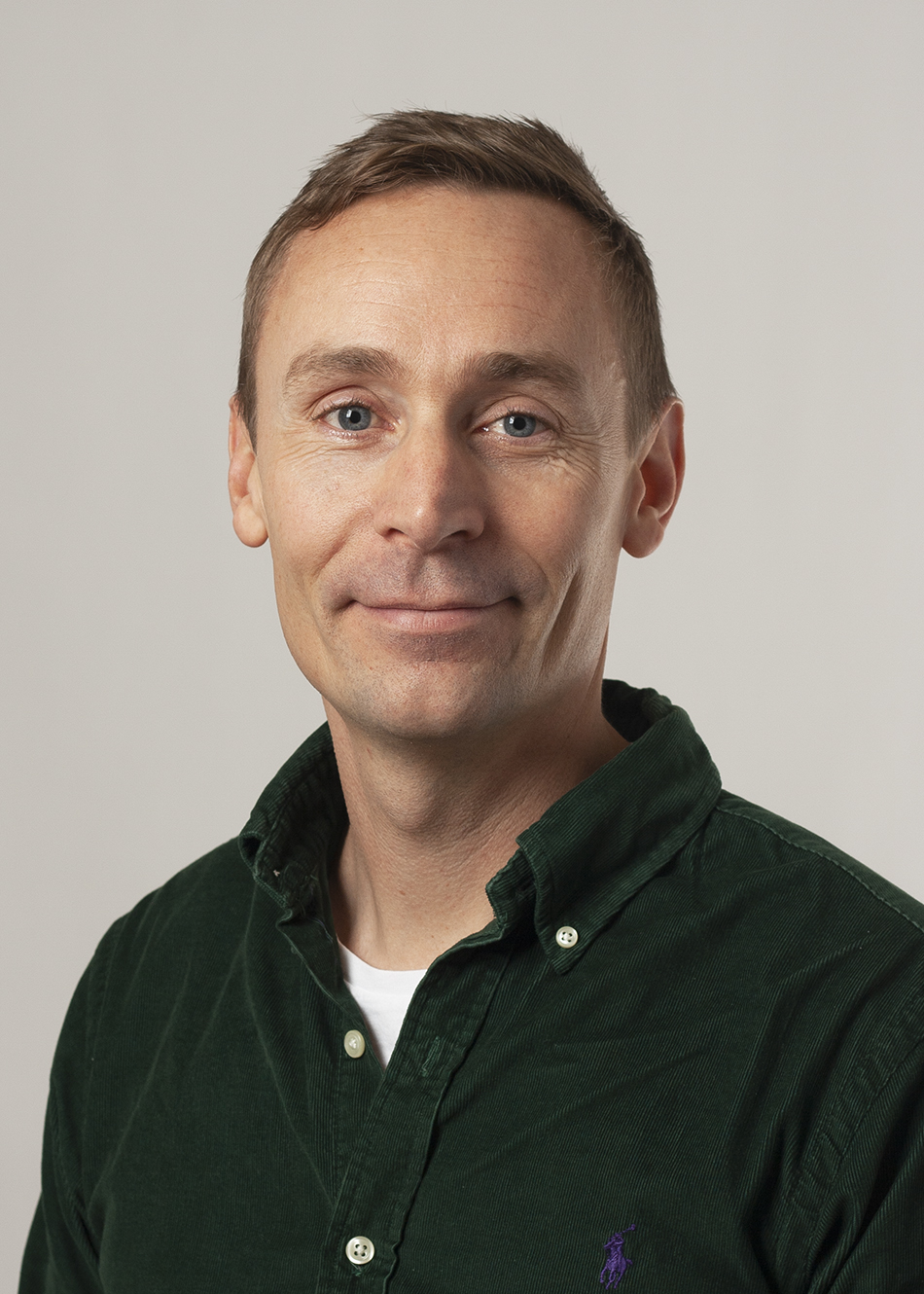Kasper Røjkjær Andersen receives DKK 5M to study plant receptors and calcium signal decoding proteins
Associate Professor Kasper Røjkjær Andersen has been granted a Carlsberg Foundation Young Researcher Fellowship for three years to study the structure and function of receptors and calcium decoders at the Department of Molecularbiology and Genetics, Aarhus University.


Plants and microbes interacts and form symbioses that benefit both organisms. Examples of this are nitrogen-fixation by legume-bacteria symbiosis, phosphate supply by plant-fungi symbiosis and plant disease resilience facilitated by commensals.
To ensure a specific communication with microbes plants have evolved both a perception system and a calcium decoding system to control that beneficial microbes can interact and colonize the plant while harmful microbes are denied access. This project seeks to understand in molecular details how plants interpret microbes using receptors and calcium signal decoding proteins.
“This grant from Carlsberg will allow us to move into structural-functional analysis of receptors and calcium decoders, which represents critical fundamental knowledge with clear biotechnology potential for harnessing the benefits associated with plant-microbe interactions,” says Kasper R. Andersen.
A long-term goal is to improve microbial services by engineering plant receptors and signalling pathways to support a low input and sustainable agriculture.
Read more about Kasper Røjkjær Andersen’s research
About the Carlsberg Foundations Young Researcher Fellowships
The Carlsberg Foundation offers a number of three-year fellowships for newly appointed associate professors with international experience to establish an independent research group, including the acquisition of research infrastructure (equipment, register data, etc.) and the formation of national/international networks.
More information
Kasper Røjkjær Andersen
Department of Molecular Biology and Genetics
Aarhus University, Denmark
kra@mbg.au.dk
